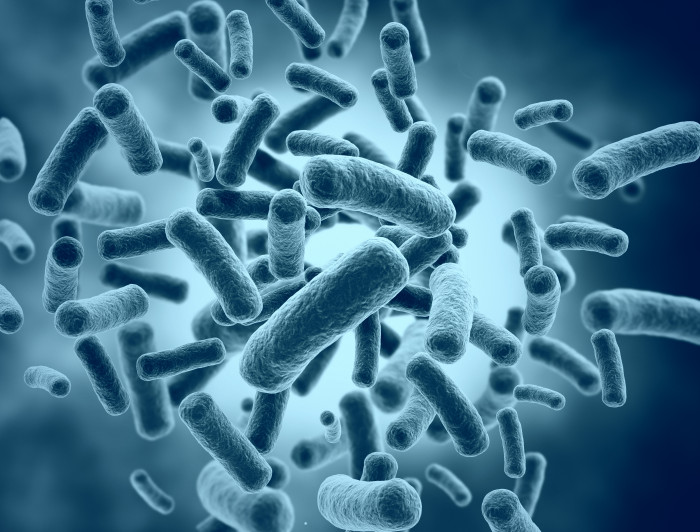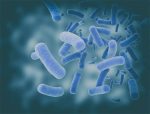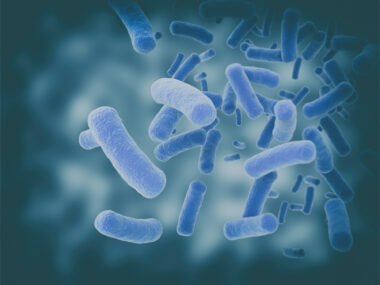This Probiotic May Help Prevent Obesity in Children with PWS
Written by |

Jezper/Shutterstock
Twice daily supplementation with a probiotic may help reduce body mass index (BMI), a measure of body fat, in patients with Prader-Willi syndrome (PWS), a clinical trial in China has found.
The probiotic — Limosilactobacillus reuteri LR-99 — also improved social communication and interaction, fine motor skills, and overall development in young children.
The findings suggest the use of this probiotic “as a potential, early therapeutic option for PWS that may prevent obesity and related complications,” the researchers wrote.
The study, “The effects of Limosilactobacillus reuteri LR-99 supplementation on body mass index, social communication, fine motor function, and gut microbiome composition in individuals with Prader–Willi syndrome: a randomized double-blinded placebo-controlled trial,” was published in the journal Probiotics and Antimicrobial Proteins.
PWS is a rare genetic disease characterized by weak muscles, slow growth, low levels of sex hormones, and a constant and insatiable appetite. If left untreated, the disease can lead to overeating, obesity, and mental health and social issues.
Probiotics — live microorganisms believed to maintain and boost a “healthy” gut microbiota — may have the potential to improve most symptoms of PWS. The intestinal microbiota is the community of microbes naturally living in the gut and has been implicated in the obesity and neuropsychiatric complications in PWS patients.
Previous research has found that the gut microbiome differs in children with PWS compared with children of similar BMI but who do not have the disease.
In the new study, researchers from the U.S. and China set out to investigate the effects of a particular probiotic strain called Limosilactobacillus reuteri (or Lactobacillus reuteri) LR-99 in patients with PWS. Lact. reuteri has previously been associated with providing benefits to people with inflammatory and metabolic diseases.
The scientists’ main goals were to assess changes in BMI, social behaviors, motor and communication skills, and emotional responses. Analyzing the fecal miocrobiome was a secondary objective.
The study included 71 PWS patients, ages 6 months to about 22 years. Their mean average age was 5 years.
Participants, recruited through the PWS Care & Support Centre in Zhejiang, China, were assigned randomly to receive sachets containing a water-soluble probiotic or a placebo (a sugar called maltodextrin); 37 received the LR-99 probiotic and 34 received the placebo, given twice daily for 12 weeks (about three months).
First, the researchers found a reduction in BMI after six and 12 weeks of probiotic treatment. This reduction was not observed in the placebo group.
To assess communication, gross motor, fine motor, problem-solving, and personal-social skills in children up to age 5, the researchers used the Ages and Stages Questionnaires, 3rd Edition (ASQ-3). Results showed that fine motor skills and total ASQ-3 score were better in the probiotic group than in the placebo group after 12 weeks of treatment.
Prior research has shown repetitive behaviors to be a core symptom of autism spectrum disorder and common among patients with PWS.
To assess characteristic behaviors of autism, the researchers used another questionnaire: the Gilliam Autism Rating Scale Third Edition. It was applied to all study participants older than 3. The findings showed that social communication and interaction were also better in the probiotic group than in the placebo group after 12 weeks of treatment.
Supplementation with the LR-99 probiotic also led to changes in the gut microbiota. In particular, there was a reduction in the abundance of bacteria — including Escherichia–Shigella and Ruminococcus torques — that have been linked to obesity, diabetes, and irritable bowel disease. Results also showed an increase in bacteria, such as Bifidobacterium and Lactobacillus, known to protect against weight gain and improve gut health.
Overall, although further research is warranted, the LR-99 probiotic may be used to “modulate BMI, social behaviors, and [the] gut microbiota” in patients with PWS, the scientists wrote.
“We hope that the study can shed light on the effects and associated mechanistic role of LR-99 in individuals with PWS,” they added.
The study’s limitations included the relatively small sample size, the broad age range of the participants, and not having fecal microbiome controlled for dietary habits and other relevant factors.







